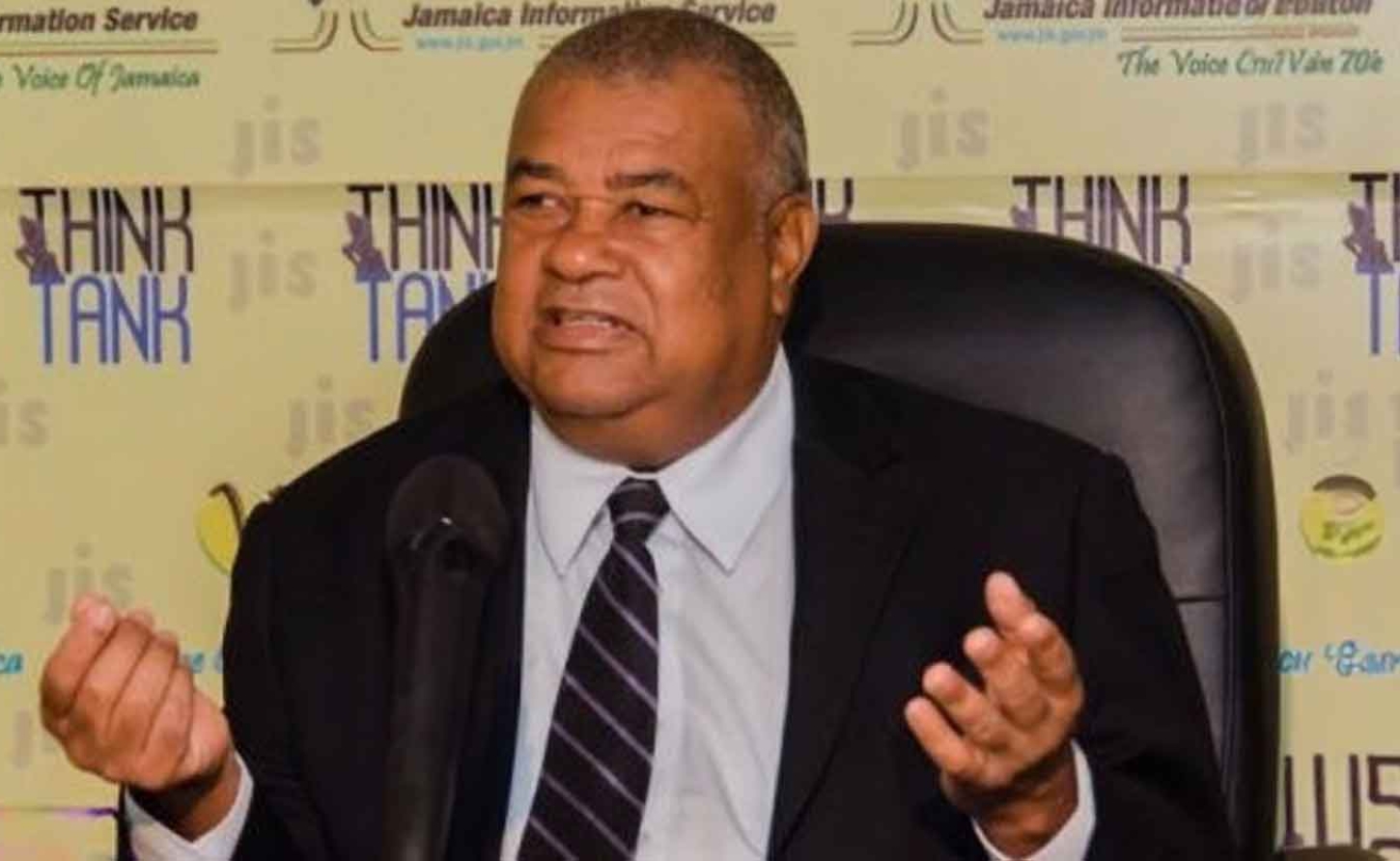JAMAICA | Barren Branches: Why Jamaica's Leadership Tree Has Stopped Bearing Fruit Says Lenworth Fulton

KINGSTON, Jamaica July 18, 2025 - There once stood a magnificent tree in the heart of Jamaica—metaphorical perhaps, but no less real—whose branches bore the sweetest fruit the Caribbean had ever tasted.
From its deepest roots grew Sam Sharpe, the Baptist deacon whose 1831 rebellion shook the British Empire so profoundly that Parliament passed the Emancipation Act of 1833, freeing enslaved people across the Commonwealth.
From its sturdy trunk emerged Norman Manley and Alexander Bustamante, giants who carved democracy from colonial stone. Paul Bogle's spiritual branches gave shelter to the faithful and freedom to the oppressed.
The entrepreneurial limbs sprouted Carlton Alexander, who transformed Grace Kennedy into a regional colossus, and Gordon Stewart, whose tourism vision birthed Sandals and ATL into global powerhouses.
But walk through Jamaica today, and you'll find that tree withered, its branches bare, its roots seemingly severed from the fertile soil that once nourished greatness.
Where are the leaders to match our mounting challenges? Why has the land that produced titans now struggle to find competent stewards for banks, ministries, and boardrooms?
When Giants Walked Among Us
The leadership pantheon of Jamaica reads like a Caribbean Mount Rushmore. These weren't just successful individuals—they were nation-builders who understood that true leadership meant creating something larger than themselves. Robert Levy and Butch Henderson didn't just run poultry companies; they built food security for a nation.
Their names should indeed grace every package, for they fed Jamaica while creating thousands of jobs. The Geddes family gave us Red Stripe, a beer that carries Jamaica's swagger across the world.
Douglas Blades built the Musson empire with the vision of a true entrepreneur, while the McConnells and Mahfoods created beverage dynasties that endure today.
These leaders shared common DNA: they looked beyond quarterly profits to generational impact. They built for Jamaica, not just in Jamaica. Dr. T.P. Lecky developed cattle breeds for our climate, not England's.
Dr. Garnet Brown created RADA, NIC, and JACRA—institutions that still serve rural Jamaica decades later. These were leaders who understood that their legacy would be measured not by what they extracted, but by what they left behind.
The Contemporary Void
Fast-forward to 2025, and Jamaica faces a crisis of leadership that cuts across every sector. Our political discourse has devolved into performance art. Our business community seems more interested in financial engineering than actual engineering.
Too many of our so-called leaders treat Jamaica like a casino rather than a country, playing games with central bank instruments while real industries wither.
Where is our Carlton Alexander for the digital age? Who among our current crop of leaders is building the next Grace Kennedy or Sandals? Instead, we're witnessing the rise of extraction capitalism—leaders who use IPOs to siphon money from Jamaican investors only to park it in Bank of Jamaica commercial paper.
This isn't leadership; it's financial parasitism dressed in business suits.
The symptoms are everywhere: a sluggish economy, a declining exchange rate, tourism vulnerability, and agricultural decline. But these aren't just economic indicators—they're the vital signs of a country suffering from leadership malnutrition.
The Autopsy of Greatness
What killed the tree? Perhaps it began symbolically when the late Roger Clarke, as agriculture minister, cut down the mighty guango tree at Half Way Tree. Was this the moment Jamaica severed its connection to the natural forces that had nurtured leadership for generations?
More likely, the rot runs deeper. Our education system produces certificates, not visionaries. Our universities churn out MBA graduates who know financial models but lack the moral courage to build something meaningful. We've confused management with leadership, technique with wisdom.
The global economy has also shifted the incentive structure. Why build a manufacturing empire when you can make faster money in financial services? Why develop agriculture when importing is easier? We've created a culture that rewards extraction over creation, speculation over innovation.
But perhaps most damaging is our collective amnesia. We've forgotten what true leadership looks like. We've normalized mediocrity and called it pragmatism. We've accepted that our best and brightest should migrate rather than stay and build.
Replanting the Future
The leadership tree isn't dead—it's dormant. Revival requires intentional cultivation. Our universities must study not just business cases from Harvard, but the leadership DNA of Carlton Alexander and Douglas Blades.
What made them different? How did they think? What risks were they willing to take for Jamaica's future?
We need leaders who understand that in a small island economy, your success is inseparable from the nation's success. We need entrepreneurs who build for export, not just local consumption. We need politicians who think in decades, not election cycles.
Most urgently, we need to stop the games with the central bank and return to the fundamentals that our leadership giants understood: create value, serve the nation, build for tomorrow.
The tree that gave us Sam Sharpe and Manley, Alexander and Stewart, Levy and Blades, is still there. But it's waiting for us to remember how to tend it—before Jamaica's future withers completely.
The author, Lenworth Fulton, is a Caribbean-focused Agriculture writer examining leadership and agricultural development across the region.*
-30-
